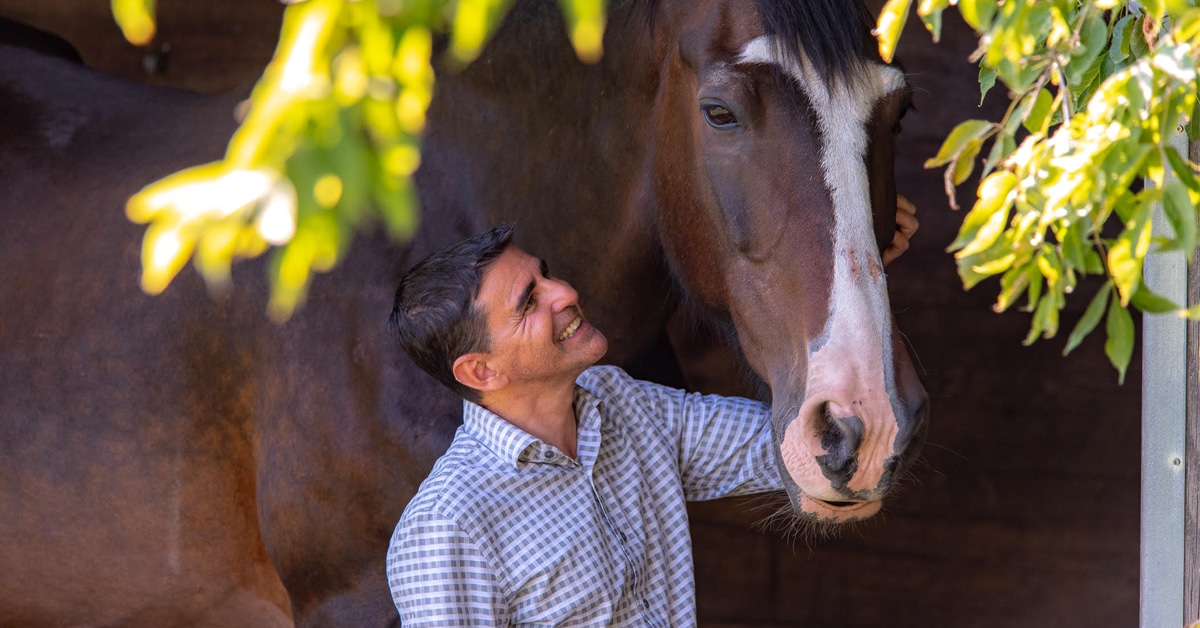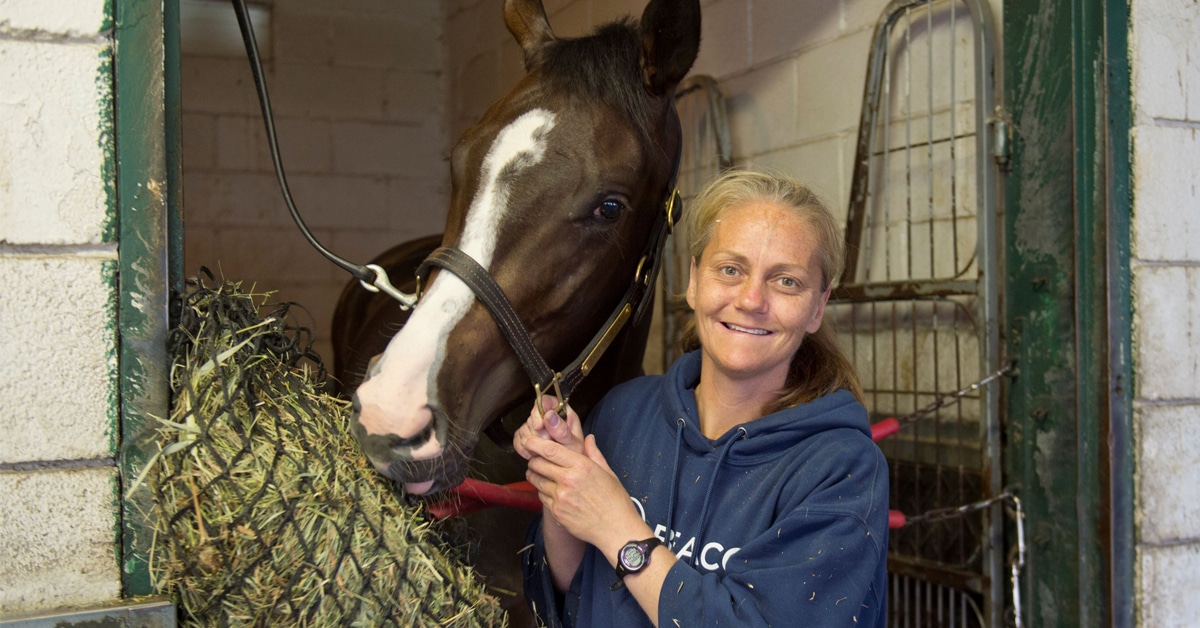As the CEO of the Woodbine Entertainment Group (WEG) since 2015, Jim Lawson has been at the forefront of guiding Canada’s horse racing industry toward the future by, among many things, focusing on branding and unlocking the value of the company’s real estate holdings, improving technology and safety at its tracks and lobbying both for changes to the tax laws for horse owners and improvements to the pari-mutuel betting model in the hope of better positioning racing in the growing gambling marketplace.
What are the most critical challenges facing the industry in Canada today?
“The most critical challenge is that the wagering model in Canada does not work as the net income of racetracks is not enough to support the infrastructure of breeders, trainers, owners and others that ultimately rely on that revenue to drive their respective investments in the industry. Overall, the result is that the economics of participating in the industry are not attractive. The horse industry has become dependent on its relationship with the gaming industry and that reliance is a critical challenge to overcome. There are a number of other critical and related challenges, being an aging demographic of horse racing participants, particularly breeders, owners and bettors. This results in lesser economic activity around the industry and in particular, lower horse supply for racing which further diminishes the economic prospects for our industry.”
What needs to change about the industry in the next 5-10 years?
“The industry needs to pursue a pathway that vastly improves the economics of participating in the industry. The industry must help government and its agencies recognize the economic impact of the industry and the potential for that impact to grow. It will necessitate changing the pari-mutuel model to allow higher returns for racetracks and its customers; and allow racetracks to participate in additional forms of gaming including sports wagering and fixed-odds wagering on horse racing. The federal income tax laws need to be amended to encourage investment – the amendment would place our sport on a level playing field with other sports in Canada and other racing jurisdictions, where losses incurred in racing are deductible against other income. This change to our tax laws is overdue and has been a major impediment to attracting new breeders and owners to horse racing in Canada. Secondly, the participants in the industry need to be open to significant change in how the business operates. The sport needs to adapt to the times – the new consumer has many more choices, has a shorter attention span and consumes sport differently. The industry needs to embrace change on many different levels in order to compete in a new marketplace. Finally, the industry needs to do a much better job of working together as one unit to improve to affect change to support the industry. We have a beautiful sport and a very complex industry that at times has competing interests. However, if we don’t push aside our differences for the greater good of the sport, and if we don’t come together and embrace change, there will be no competing at all, as our industry will not survive.”
How can you help affect that change?
“The horse racing industry is a wonderful industry that directly or indirectly employs tens of thousands of people across the country. The most important thing we can do to affect change is work hard together to change the laws that place the Canadian industry at a major disadvantage to other major horse racing jurisdictions in the world. These include the laws and regulations impacting our viability to remain in business and include those pertaining to wagering, sports betting, income tax and immigration. Woodbine Entertainment is the major participant in the industry and needs to lead by using its resources to be the catalyst for change.”
Where do you see the thoroughbred industry in Canada in 10 years?
“Canadian horse racing needs to find a way to compete with sports wagering and other forms of sport and entertainment in the domestic market and with foreign racing as the racing market becomes increasingly international. The industry may be in need of consolidation as the Canadian industry works to find ways to address diminishing investment which impacts horse supply. The industry in Canada needs to develop and employ technology and innovation to broaden its appeal in the international marketplace. There are too many good, passionate and hard-working people in the industry for it to fail, however, a smaller industry with fresh acceptance and outlook on how to operate will go a long way to sustaining our industry.”
The Latest










